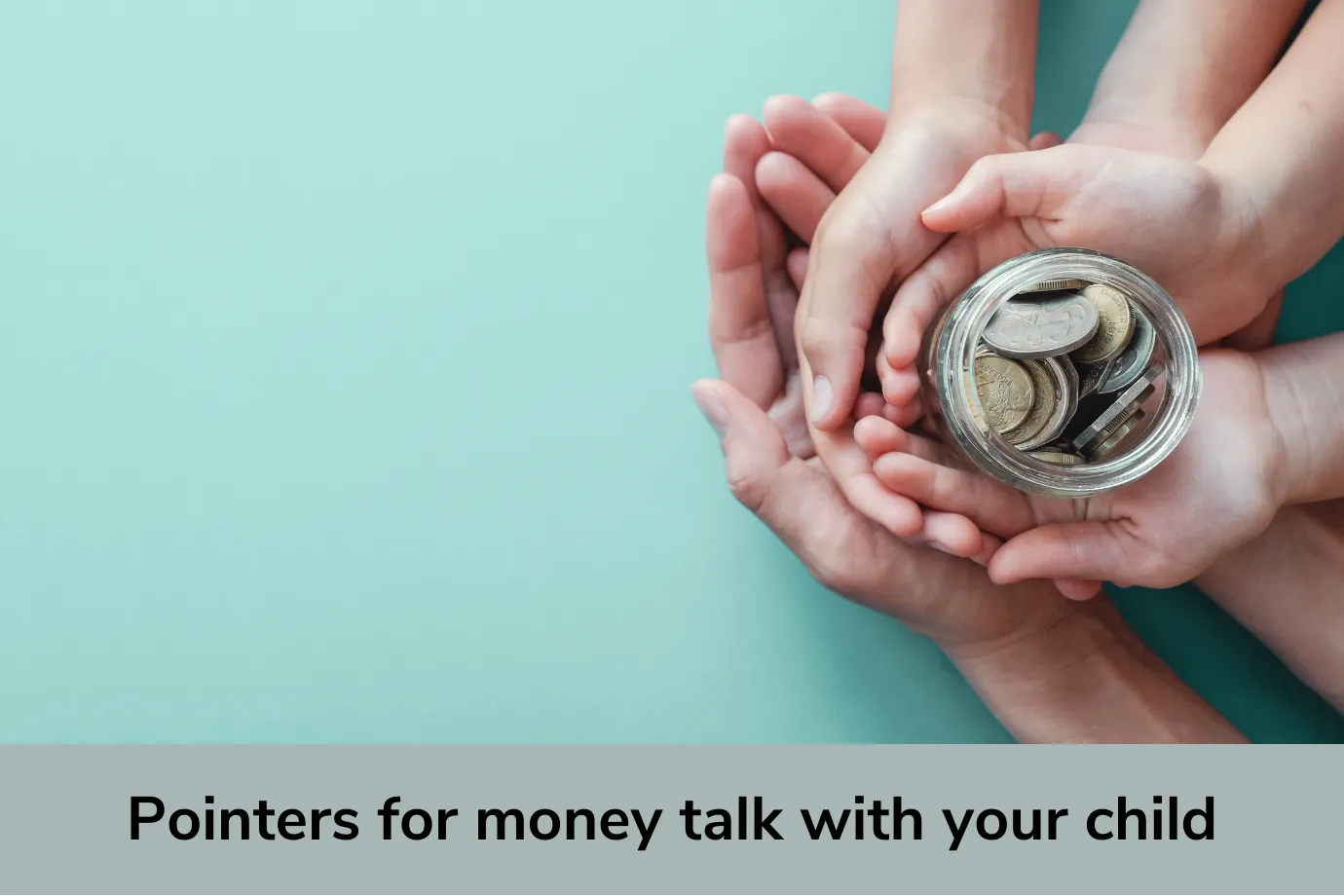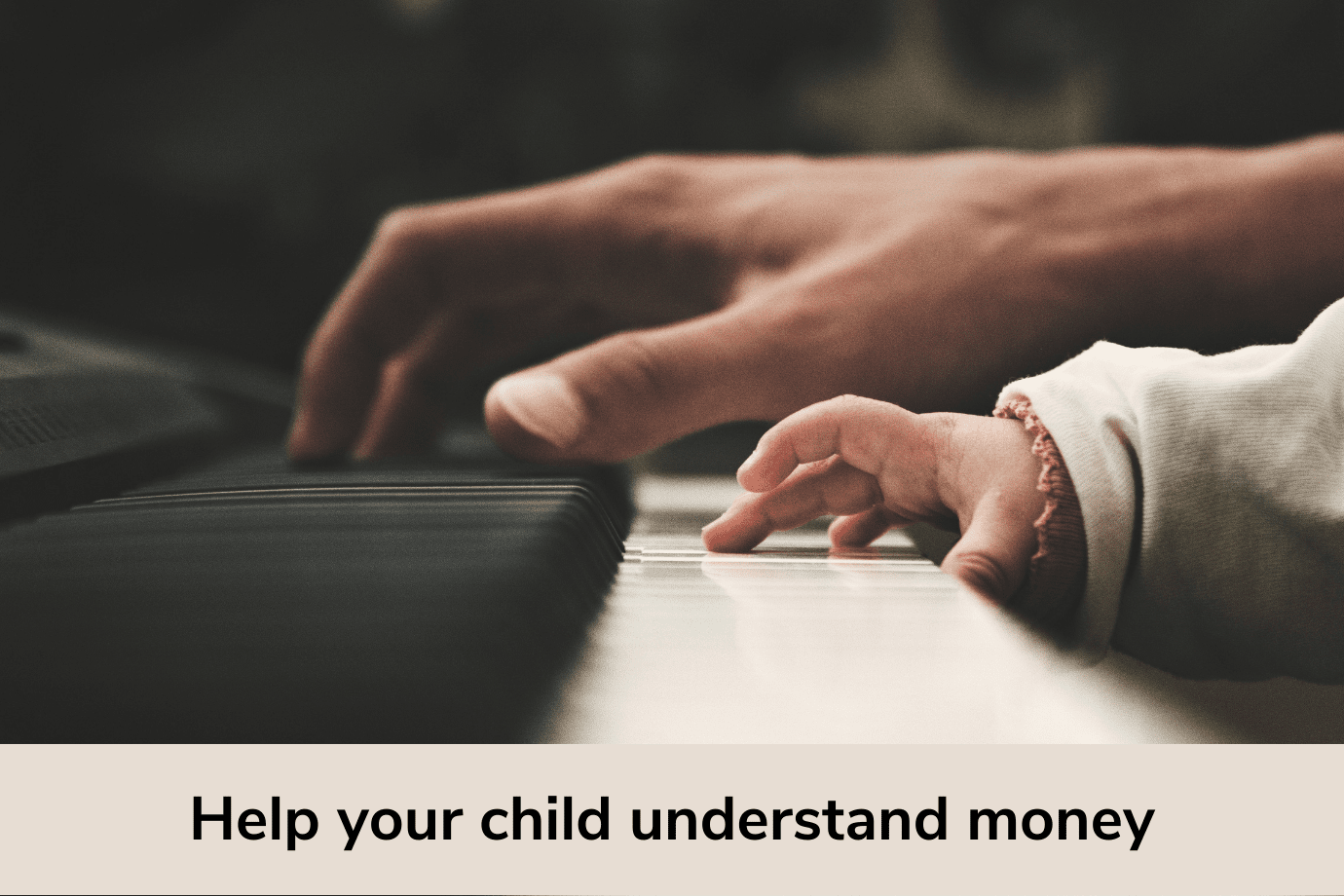Money communication with your child does not happen in isolation. The opportunities for talking about money and imparting crucial money lessons come by at various times throughout the journey called ‘life’.
The most impactful and lasting lessons are imparted during these teachable moments. The following ideas are meant to help you take advantage of those moments.
1. Start earlier than you think you should
Research at the University of Wisconsin-Madison shows that by the age of 3, most children are able to understand economic ideas such as exchange, value, need etc. although in a basic way.
Though these concepts are basic, they are the foundation of how your child interacts with money once he grows up. When you see your child seeing your wallet or looking at you giving money to someone, take that opportunity to teach him basic lessons like – what money is, and how to pay for things?
They might not absorb it all, but remember, they are already soaking up more than you think.
2. Use anecdotes
Example – Tell them about how a neighbour kid saved everyday in his piggy bank so that he could buy his dream car when he grew up.
3. Avoid comparisons
You are not just setting a bad example but making yourself less happy(Research says this). The way people chose to spend money is very personal. Steer clear of this behaviour and your child will follow.
4. Identify your financial baggage and forget about it
It is okay to let your kids know of the financial mistakes you did, but it is more important to tell them how you came out of it.
Always approach money in a positive way in front of your kids.
——-
I am sure these pointers will help you, the parent to sow the seeds of financial responsibility in your child
I have provided more such pointers in my ebook ‘The Ultimate Personal Finance Q&A’.. The book is complimentary for all Arth Community members.
If you are not yet a member, click here to join the Arth Community today and simplify your financial life.
References: Financial Literacy Programs Targeted on Pre-School Children: Development and Evaluation,La Follette School of Public Affairs,Working Paper No. 2009-009.
Who Compares to Whom? The Anatomy of Income Comparisons in Europe IZA Discussion Paper No. 4414, Oct 2009.




